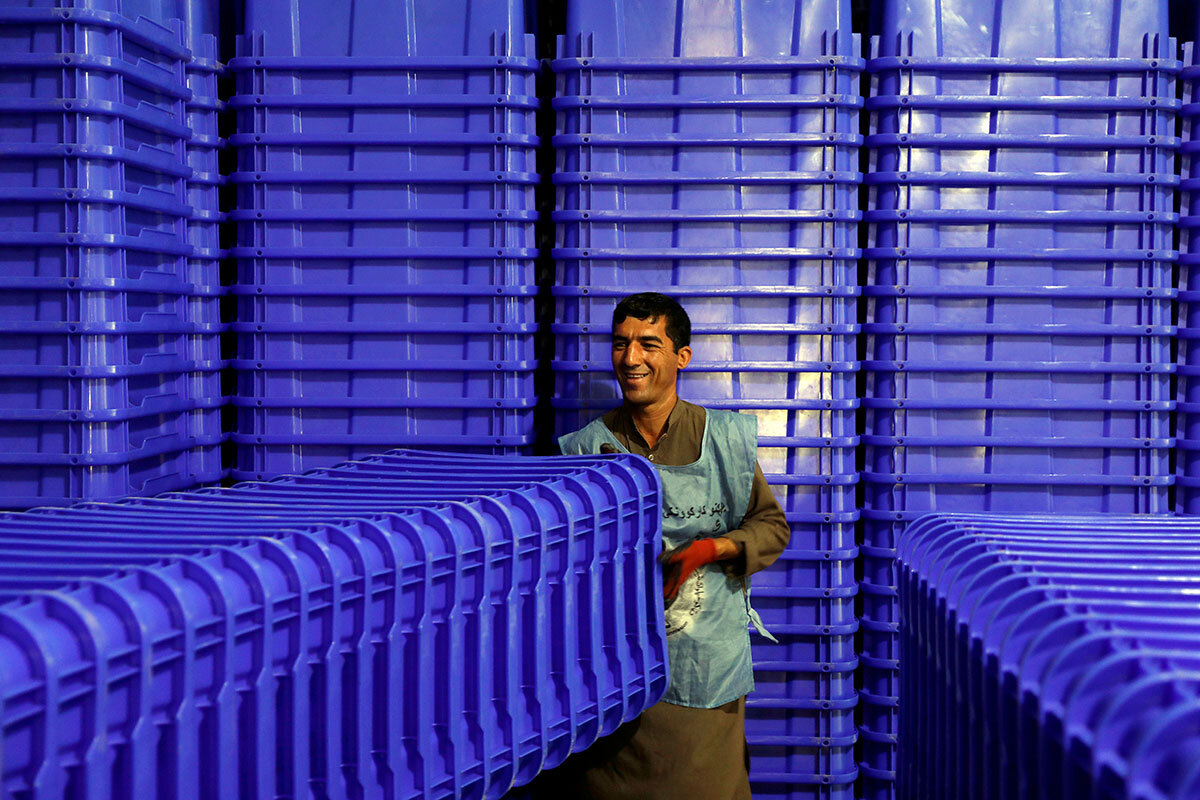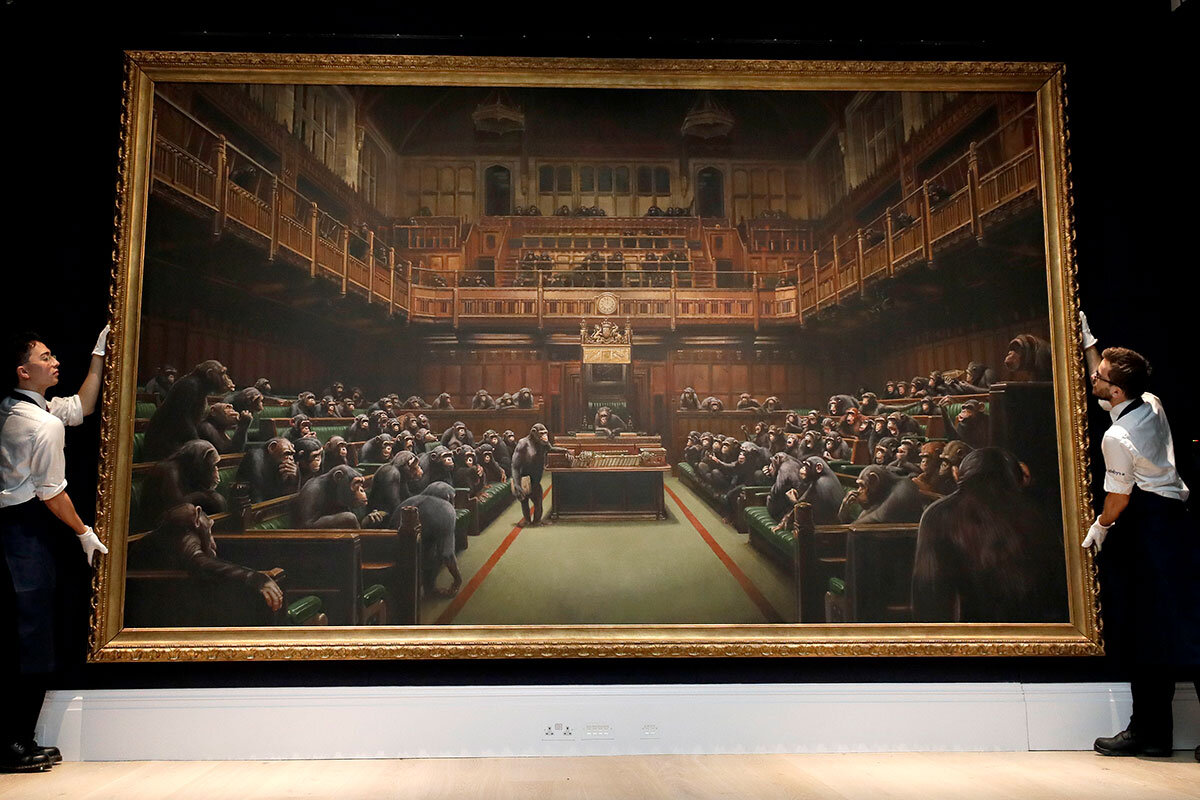With impeachment, the division between conservative media and the legacy news media promises to be so wide it is already as if viewers were living in alternate worlds. Is there a way to bridge that divide?
Monitor Daily Podcast
- Follow us:
- Apple Podcasts
- Spotify
- RSS Feed
- Download
 Linda Feldmann
Linda Feldmann
Today’s five stories look at the alternate worlds of opinion amid impeachment, the stakes in Afghanistan’s presidential election, a civil debate over an old Moscow beer plant, how culture shapes our hearing of music, and a Ugandan man’s walk to fight deforestation.
First, some thoughts on the value of being present.
Over the summer, Matt Dickinson and his wife, Alison, took many weekend trips to New Hampshire – home of the first primary – to watch Democrats campaign for president. They saw Joe Biden, Beto O’Rourke, Amy Klobuchar, and several others. Like a good reporter, Professor Dickinson understands the benefits of being there and soaking it all in. And when you’re a political scientist at Middlebury College in neighboring Vermont, it’s almost a no-brainer.
His goal was to listen. How are the candidates selling themselves? What are voters asking them?
“Impeachment just didn’t come up,” he told me.
There was lots of policy discussion and candidate pitches around electability. But the ultimate sanction against an American president – to threaten expulsion via the constitutional process of impeachment in the House and, if successful, a trial in the Senate – wasn’t top of mind.
Now it is, following an explosive whistleblower complaint against President Donald Trump and Speaker Nancy Pelosi’s announcement of support for an impeachment inquiry. All eyes are on public opinion. Which argument – for or against – will carry the day? Our lead story today explores sentiment around the country. Meanwhile, the Dickinsons plan to keep visiting New Hampshire and observing campaign events. Their next trip should be especially interesting.










